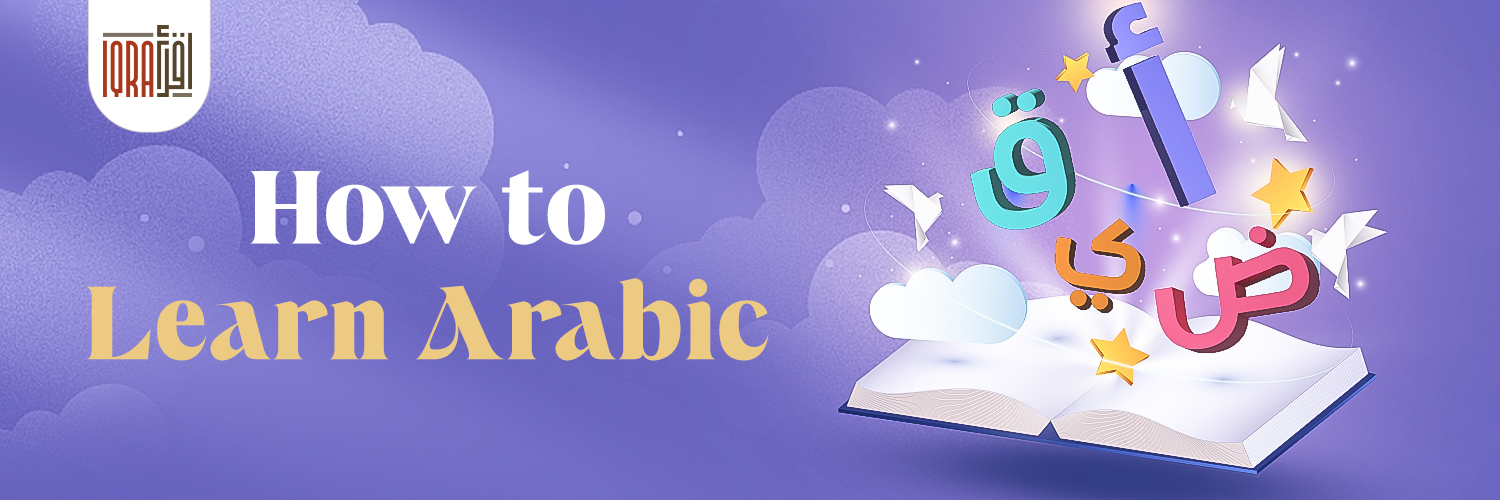“Of those who didn’t learn a second language, 70% of Americans regret letting their foreign language skills slip.” Source: Gitnux
“I want to learn Arabic, but I’m not sure I have enough time. Is Arabic hard to learn?” We hear this a lot and wanted to offer some insight.
So, how much time does it take to learn Arabic? Unfortunately, this question has no definite answer because it depends on your goals. Are you simply trying to converse in Arabic? Are you trying to read and write the language and be fluent in it? Are you trying to learn Quran? If you are, then know Quranic Arabic in a league of its own (further in, I’ll explain why).
Is Arabic Hard to Learn?
According to the FSI (US Foreign Service Institute), Arabic is put in ‘group 4’ as a complex language for native English speakers. For general professional proficiency, a ‘group 4’ language takes 88 weeks (2200 class hours). Using this information, it works out to 6.72 hours a day, seven days a week.
That could sound more motivating! But that’s not even a year of studying. Most of us plan on spending less time a day, so let’s break it down further. If you take that exact figure but divide it within a year, that’s 3.97 hrs a day. If you make it two years, that’s 2 hours a day. In three years, that’s one hour a day to get to a level of professional proficiency. That’s not bad, right? It’s not a lifetime like our brain likes to tell us. Again, this is only an estimation of the process.
Is Learning Quranic Arabic Hard?
Is Arabic hard to learn? It depends. But learning Arabic to read Quran cannot be measured similarly. Allah says in the Quran:
“And We have certainly made the Qur’ān easy for remembrance, so is there any who will remember?” Quran 54:40.
IQRA Network’s many years of teaching experience tell us that a dedicated student can learn Arabic letters and how to connect them within a month. Once you can pronounce letters correctly and join them, it’s just a matter of practice and more practice.
Benefits of Learning Arabic
Many Americans recognize the benefits of being bilingual and regret not taking the opportunity to learn a second language. 21% of people have missed a career opportunity because they didn’t know a second language.” Source: Gitnux
Learning Arabic has many advantages, and that’s likely why people who don’t know a second language regret it later in life. Here are our top three!
1) The Quran
Nothing can top the list of learning Arabic than understanding the Quran. The Quran is full of gems and wisdom that only through knowing the native language can one fully access it. Of course, learning Arabic to understand the intricacies of the Quran is difficult, but a task achieved by many. However, even if you don’t thoroughly study the language, understanding the basics of our daily worship makes learning Arabic priceless!
2) Communication
It’s no surprise that communication is a benefit to learning a new language. Learning Arabic opens the door to communication with so many people. Arabic is the 5th most spoken language in the world, and 400 million people speak the language. One can learn how to make new dishes, learn the wisdom of the old, or ask for directions. Language opens doors to communication, with many bridges of knowledge.
3) Job Opportunities
Some people don’t see language as a skill. However, learning another language, especially one of the major languages in the world, is highly advantageous. Securing job positions that serve a high demographic of immigrants, such as government positions, becomes more accessible. But learning Arabic doesn’t just limit you to communication jobs. Arabic writers, including blog and digital asset translators, are rising.
Learn Arabic this Summer with IQRA Network
If learning Arabic is something you’ve been thinking about, why make it a priority this summer and give our Introductory Arabic Program a try? By next summer, you’ll be cruising the Nile River in Egypt, befriending the locals.
So, what does IQRA Network’s Arabic program look like? We’re glad you asked!
IQRA Network has created a four-level program to include all proficiency levels. Most students start with our Introductory Arabic program. It’s a great way to get comfortable reading, writing, and speaking Arabic. You’ll have over 300 words by the end of the program!
The structure of our introductory Arabic is in two levels. In level 1, you will learn 80 new words, and in level 2, you’ll use 250 new words. Each course is taught at your pace and as quickly (or slowly) as you want. But if you’re ready to get it done, you can finish it by the end of summer! If you’d like to know more, stroll into our learning lounge here, and let’s get you comfortable. After all, only the fear of the unknown (discomfort) allows you to let your aspirations drift away. We’re here for you, so let’s go!
So, is Arabic hard to learn? Sometimes it can be challenging, but with a solid program and the will to succeed, you’ll be glad you did!




